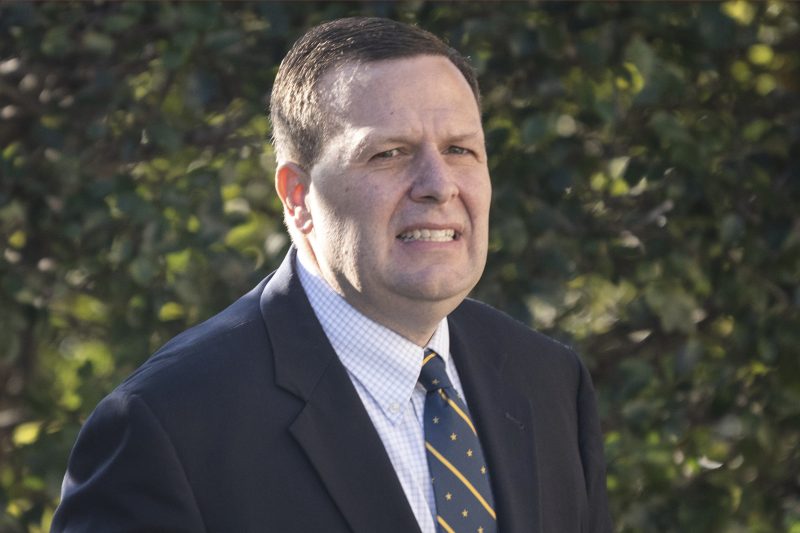The recent Supreme Court ruling on the case of the Indiana mayor has sparked significant debate and raised questions about the state of corruption laws in the United States. The decision has been perceived by many as a setback in the efforts to combat corruption and uphold ethical conduct in public office.
At the center of the case was the argument that the mayor’s actions did not constitute a violation of corruption laws, as there was no clear evidence of a direct exchange of favors for political contributions. This interpretation of the law has created a loophole that could potentially be exploited by other public officials seeking to navigate a grey area where their actions may not explicitly violate existing statutes.
The ruling reflects a broader trend in which corruption laws are being weakened or narrowly interpreted, allowing for a greater degree of flexibility in the conduct of public officials. This trend is concerning as it erodes the public’s trust in the integrity of their elected representatives and undermines the principles of accountability and transparency in government.
One of the key implications of this ruling is the message it sends to public officials regarding the boundaries of ethical behavior. By setting a precedent that certain actions may not be deemed corrupt even if they involve potential conflicts of interest or favoritism, the ruling may embolden officials to test the limits of what is considered acceptable conduct.
Furthermore, the ruling also raises questions about the effectiveness of existing corruption laws in deterring and punishing unethical behavior. If the laws are interpreted in a way that makes it difficult to hold public officials accountable for their actions, it could undermine the deterrent effect that these laws are intended to have.
In response to the ruling, some advocates have called for legislative reforms to strengthen corruption laws and close the loopholes that the decision has exposed. These efforts may involve clarifying the language of existing statutes, expanding the scope of prohibited behaviors, or imposing stricter penalties for those found guilty of corruption.
Ultimately, the Supreme Court ruling on the Indiana mayor case represents a significant development in the ongoing conversation about corruption and ethics in government. It highlights the need for vigilance in upholding the principles of integrity and accountability, and the importance of ensuring that corruption laws remain robust and effective in deterring unethical behavior among public officials.


























